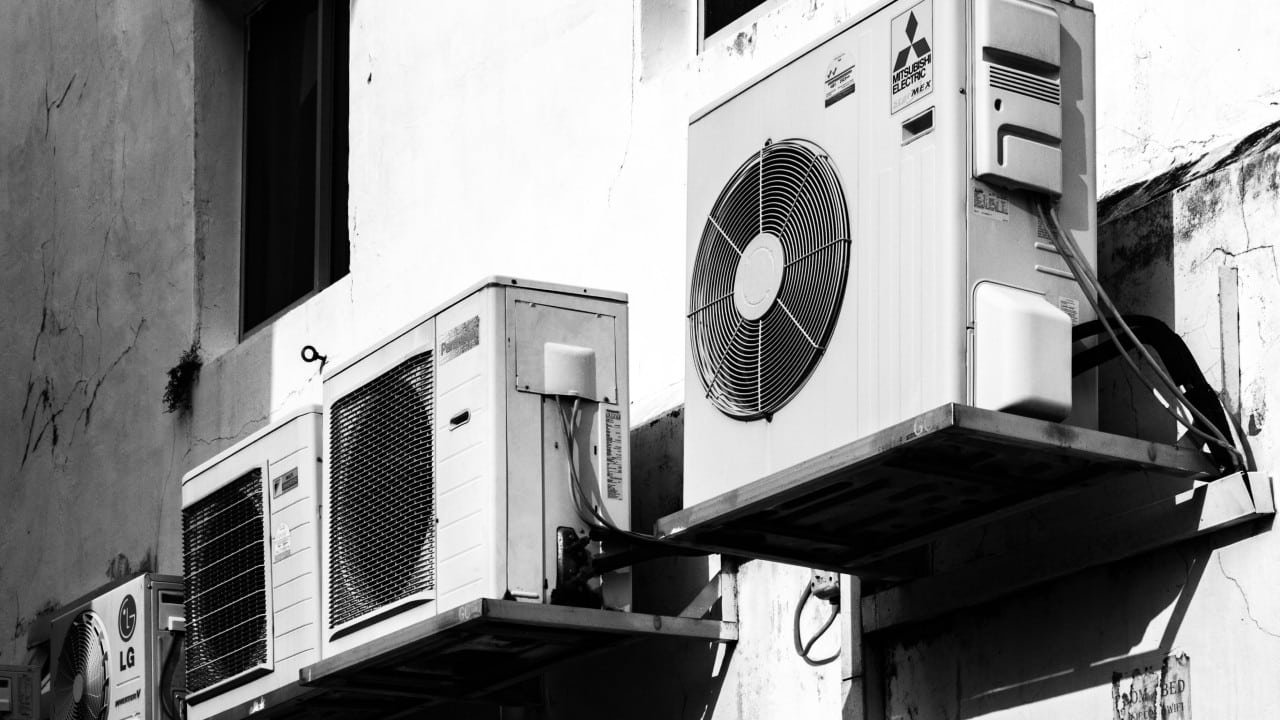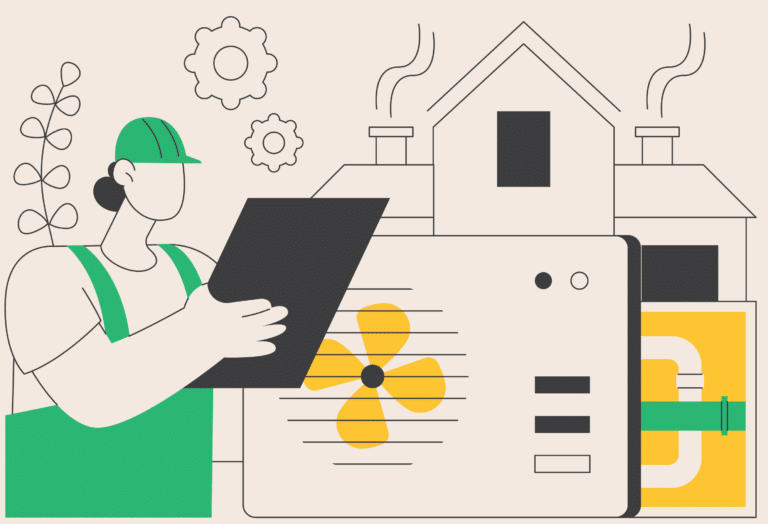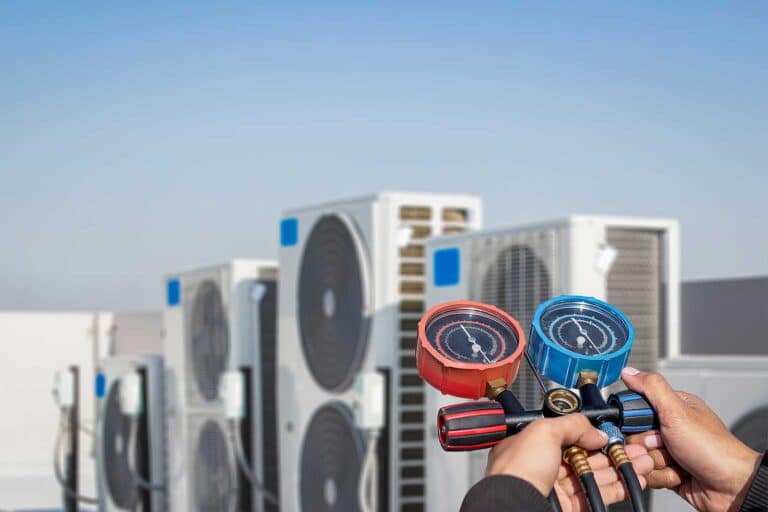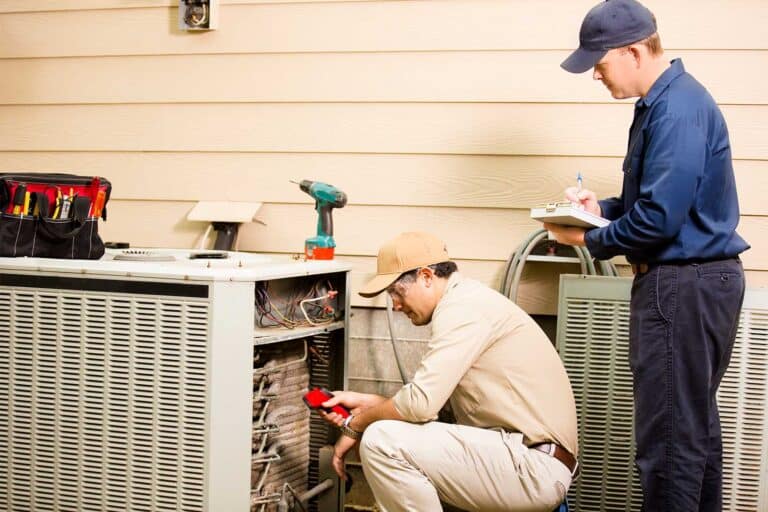How Do You Know If You Need Freon? 7 Warning Signs to Watch For
Your air conditioner can’t cool without refrigerant. For many systems, that refrigerant is Freon (also known as R-22 or R-410A). When levels run low due to leaks or aging components, your AC can’t perform—and your comfort disappears fast. But how do you know if you need Freon?
This article outlines 7 clear signs that your AC may be low on refrigerant and explains what to do next. Whether you live in Longmont, Boulder, Erie, or Centennial, recognizing these symptoms early can prevent bigger HVAC problems and expensive breakdowns.
1. AC Blows Warm or Room-Temperature Air
If your vents are pushing out air that’s not cold—even though your thermostat is set properly—there’s a strong chance your refrigerant levels are low. Without Freon, your system can’t absorb heat from inside your home.
How do you know if you need Freon? This is often the first clue.
2. Longer Cooling Cycles Than Normal
An air conditioner low on Freon will take longer to cool your home, especially during the hottest part of the day. If your system seems to run endlessly without reaching the desired temperature, your refrigerant charge might be the issue.
How do you know if you need Freon? Your AC becomes less efficient and runs much longer than usual.
3. Higher Energy Bills
Because your AC runs more to compensate for low refrigerant, your utility bills will spike. That’s a costly sign that your system is overworking.
If your summer electricity bill jumped but your usage didn’t change, you should ask: how do you know if you need Freon?
4. Ice Forming on the Evaporator Coils
Freon absorbs heat in the evaporator coils. When refrigerant is low, the coils can become too cold, leading to ice buildup. You may see frost forming on indoor or outdoor AC components.
How do you know if you need Freon? Ice on the coils is a classic signal of a refrigerant issue.
5. Hissing or Bubbling Noises
Freon doesn’t just disappear—it leaks. If you hear bubbling or hissing sounds near your AC lines, you might have a refrigerant leak. These sounds happen when Freon escapes through cracks or loose connections.
How do you know if you need Freon? Odd noises plus performance issues are a strong indicator.
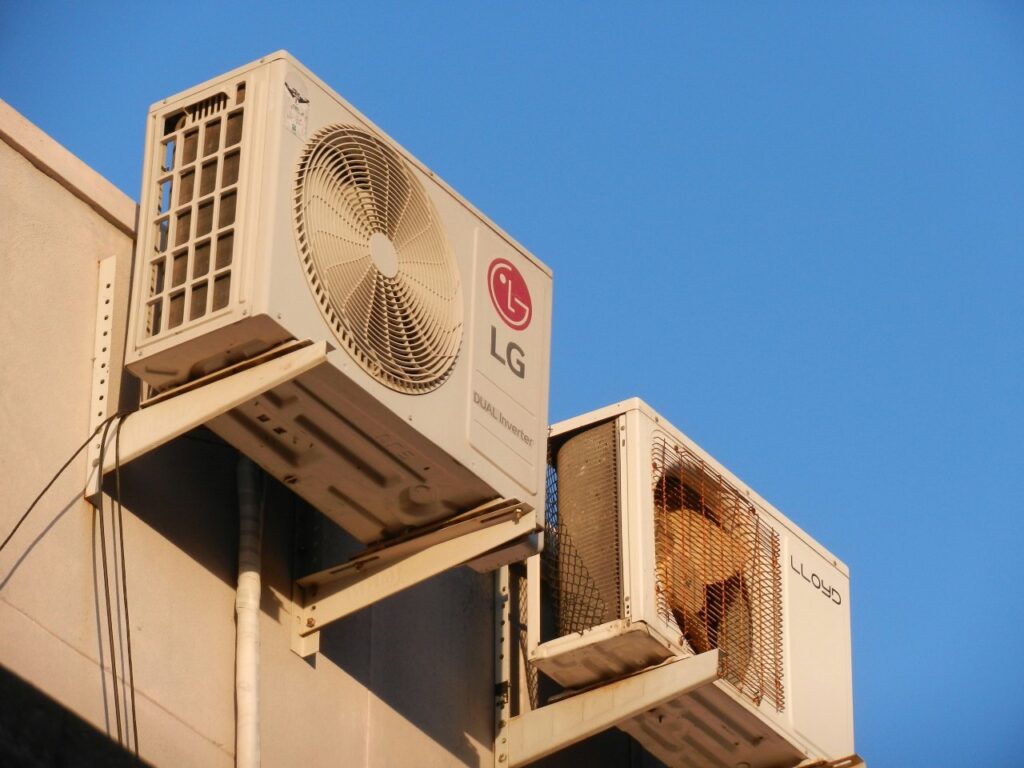
6. Visible Refrigerant Leaks or Oil Residue
Refrigerant is often invisible, but it can leave behind an oily residue at the leak source. If you see moisture or discoloration near your refrigerant lines or coil connections, that’s worth a closer look.
How do you know if you need Freon? Any oily patches near AC components should be inspected.
7. AC Shuts Down or Won’t Start
In extreme cases, your AC system might shut down to protect itself if refrigerant levels are dangerously low. You may find the compressor unresponsive or the outdoor unit refusing to power on.
How do you know if you need Freon? A non-working system—combined with other warning signs—could mean it’s time for a refrigerant recharge or repair.
What Causes Low Freon Levels?
Freon doesn’t get used up like fuel. The only reason refrigerant levels drop is because of a leak. Over time, your system’s connections, joints, or coils may wear down or corrode. Seasonal temperature changes and vibration can worsen small leaks.
If your AC is older than 10 years, you’re more likely to develop these issues. AC maintenance can help catch small leaks before they get worse.
What to Do If You Suspect a Freon Leak
1. Don’t DIY: Refrigerant is hazardous to handle without EPA certification. 2. Shut off the AC: Running it with low Freon can damage the compressor. 3. Call for professional help: AC repair specialists can locate the leak, repair it, and recharge the system safely.
If your unit is older or still uses phased-out R-22, it may be more cost-effective to consider an upgrade. Learn about installation options to improve efficiency and lower future maintenance costs.
Keynotes: Freon and Cooling Performance
- Systems low on Freon can lose up to 50% of their efficiency.
- Ice on the evaporator coil is a leading symptom of refrigerant issues.
- Recharging with Freon without fixing the leak is a temporary and costly fix.
Keynotes: AC Maintenance and Leak Prevention
- Routine HVAC maintenance includes refrigerant level checks.
- Sealing leaks early can add 3–5 years to your system’s life.
- Annual inspections can prevent over 80% of refrigerant-related failures.
FAQs About Freon and AC Systems
How do I know if I need Freon in my home AC?
You may need Freon if your AC blows warm air, takes longer to cool, or shows signs like ice buildup or bubbling sounds. These symptoms signal low refrigerant.
Can I add Freon myself?
No. Freon must be handled by EPA-certified professionals. It’s illegal and unsafe to buy or add it yourself.
Is Freon still used in new air conditioners?
Most newer systems use R-410A instead of the phased-out R-22. However, many homes still operate older ACs with Freon.
How often should Freon be refilled?
Never—unless there’s a leak. AC systems are sealed and shouldn’t lose refrigerant under normal conditions.
Can running low on Freon damage the AC?
Yes. Low refrigerant forces your system to run longer, increases energy use, and can cause compressor failure if ignored.
Need help diagnosing a refrigerant issue? Blue Valley Heating & Cooling is here to help with honest assessments and professional repairs.

